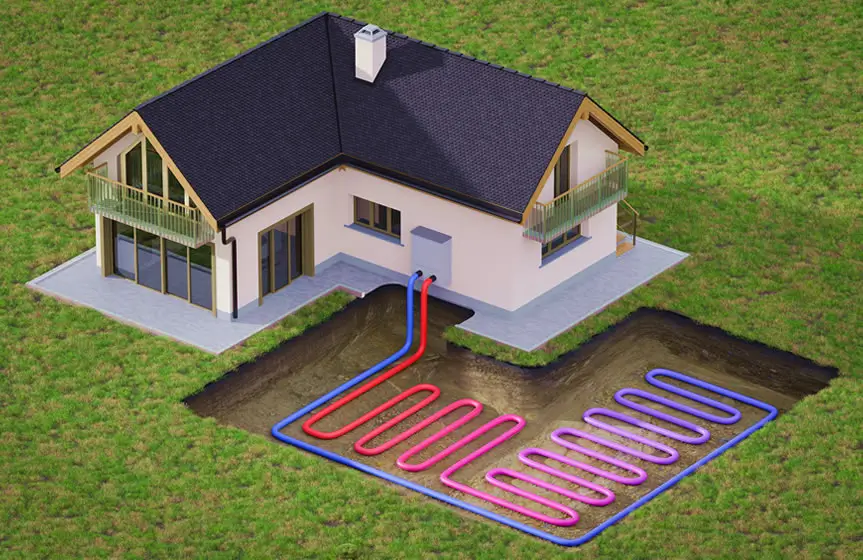Does Indoor Humidity Really Matter?

When we think about creating a comfortable indoor environment, temperature is often the first thing that comes to mind. But have you ever considered the importance of indoor humidity? At Grant Mechanical, serving Northern Michigan, including the lovely Traverse City, we know a thing or two about keeping your indoor climate just right. Let’s dive into why indoor humidity is something you should definitely pay attention to.
The Goldilocks Zone: Not Too Dry, Not Too Humid
Much like Goldilocks searching for the perfect porridge, finding the ideal indoor humidity level is all about balance. Too little humidity, and you might end up with dry skin, irritated eyes, and even an increased risk of catching colds (not fun!). On the flip side, too much humidity can make your home feel like a tropical rainforest, creating a breeding ground for mold and dust mites. Yikes!
So, what’s the sweet spot? According to experts, maintaining indoor humidity levels between 30% and 50% is ideal for comfort and health.
The Health Factor
You might be wondering, “Does indoor humidity really impact our health?” The short answer is, absolutely! Low humidity can lead to dry respiratory passages, making you more susceptible to infections. Meanwhile, high humidity levels can aggravate conditions like asthma and allergies, as mold and dust mites thrive in moist environments.
Think of your home as a mini-ecosystem. Just as plants need the right amount of water to thrive, so do we humans need the right level of humidity to stay healthy and comfortable.
Protecting Your Home
It’s not just about personal comfort—humidity also affects your home. Low humidity can cause wood floors and furniture to crack, while high humidity can result in mold growth and damage to your walls and insulation. Maintaining optimal indoor humidity protects your investment in your home and keeps everything in tip-top shape.
Energy Efficiency
Here’s a bonus: Proper humidity levels can actually help with energy efficiency. When the air is too dry, it can make your home feel cooler than it actually is, causing you to crank up the heat (and your energy bill). Conversely, if it’s too humid, you’ll be tempted to lower the thermostat to get rid of that muggy feeling. By keeping your humidity levels in check, you can achieve better energy efficiency and save on those pesky utility bills.
Solutions for Every Season
In Northern Michigan, we experience a full range of seasons, from chilly winters to humid summers. That’s why it’s essential to have the right tools to control indoor humidity year-round. Humidifiers can add moisture to the air during dry winter months, while dehumidifiers can help remove excess moisture during sticky summer days.
At Grant Mechanical, we’re here to help you navigate the complexities of indoor climate control. Whether you need advice on humidifiers, dehumidifiers, or HVAC systems that can do it all, we’ve got you covered.




